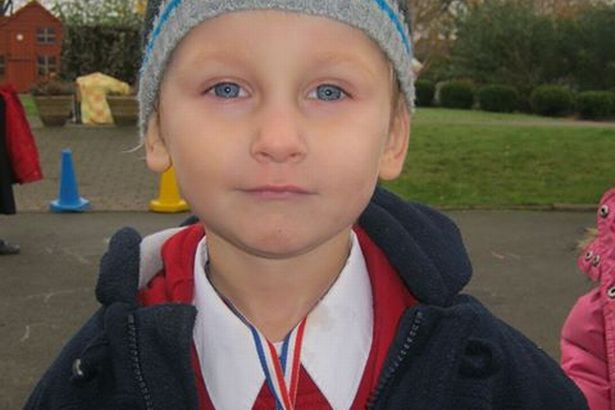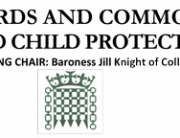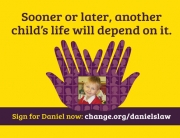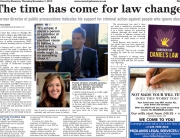The Department for Education continues to assert that teachers and particularly Head Teachers are competent, highly-trained professionals who require only guidance in respect of child protection. Daniel’s death and the evidence set out in both serious case reviews clearly shows this is not always the case. Particularly, the following quotes are lifted from the report:
Page 6 Insufficient training for staff within the school meant that they were unclear of their role in the child protection process, who to go to with concerns and what to do if their concerns were not heard within the school environment.
Page 7 appropriate professional judgement was not used in the decision not to refer Daniel’s situation to Children’s Social Care.
Page 15 The reason why the school did not share information about their concerns regarding Daniel seems to have been as a result of poor leadership and practice and a fragmented child protection system within the school.
Page 15 even where staff may have had concerns about Daniel they were not sufficiently equipped to communicate their concerns directly to the appropriate person and/or were not confident to question why a referral to children’s care had not been made or advice from children’s social care sought.
Page 19 There was also an error of judgement in not referring Daniel’s situation to social care.
The report includes multiple references for the need for more training and this is clearly important. However, it is clearly not viable for all staff working with children to become expert in child protection and that is why a reporting system to trigger professional external intervention is prerequisite to any safeguarding framework. Where reporting is discretionary, the framework is compromised – where there is an element of choice, there is risk. It seems hopelessly unrealistic to assume that people working with children will always interpret guidelines correctly in what are inevitably very difficult circumstances, as presented by child abuse. Mandatory reporting laws require and support staff to report, which is why so many other countries’ regulated activities operate on this basis.
There is also much discussion of the failure of various agencies to communicate and to share information. A formal external report triggers the process of intervention across all agencies – this is why the school’s failure to report their concerns for the injuries they witnessed upon Daniel and his dramatic weight-loss (concerns which were discussed discussed internally but not reported) is the most vital detail in Daniel’s case.
The first Conservative MP, former Minister Cheryl Gillan, signed the campaign for Daniel’s Law this week, joining a growing number of Labour MPs and Shadow Ministers. The campaign is also supported by former Director of Public Prosecution Keir Starmer along with national institutions such as the Church of England and the RC Church. Children’s Commissioner Maggie Atkinson has spoken out in support of pilots for mandatory reporting in regulated activities and Esther Rantzen has also voiced support.
What more will it take for the government to reconsider its position and table the national debate which Coventry City Council has repeatedly called for. There is no reason to imagine Daniel’s school is any worse than others across the country – indeed a recent report by Jonathan West argues strongly that it is rather indicative of endemic problems. One thing is for certain, sooner or later another child’s life will depend on this.







